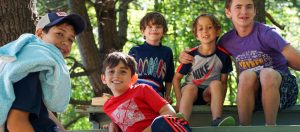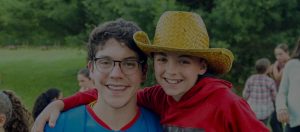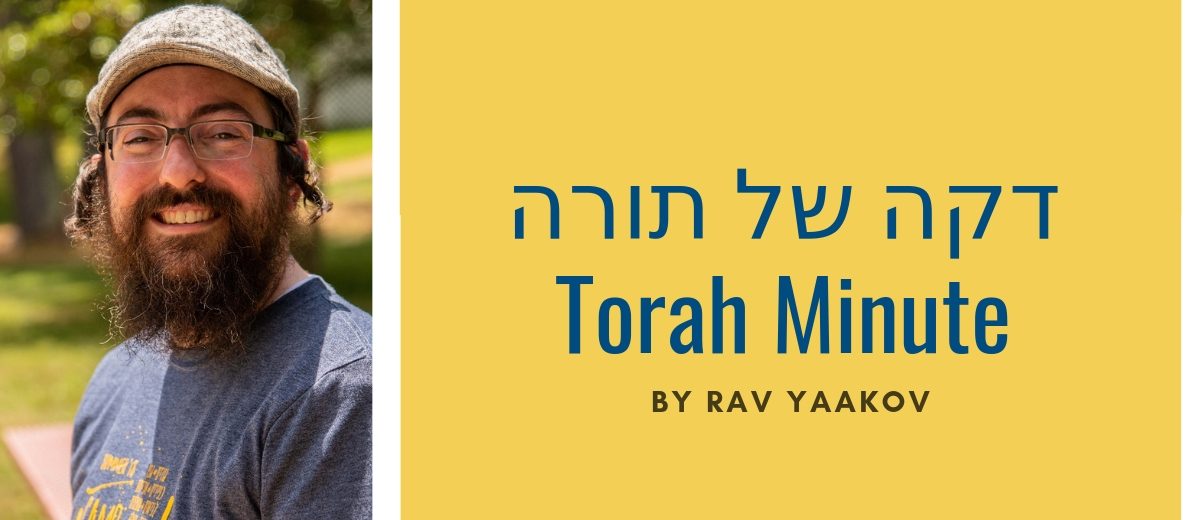Beshalach – Complaints and Choices
Parshat Beshalach opens on the Jewish people in a precarious position. Where are we now? We’ve only just left slavery in Egypt, and already we’re cornered with the Red Sea on one side and on the other, Pharaoh and the Egyptian army coming after us. What do the people say to Moshe, our leader to freedom?
“What have you done to us by taking us out of Egypt? It is better to serve the Egyptians than to die in the desert!” (Shemot 14:11-12).
This complaint represents the slave mentality that the Jewish people had. We had left slavery, but slavery hadn’t left us. We didn’t know how to act for ourselves, how to take responsibility for our own decisions and our own futures. We wanted everything decided for us, because that’s all we were used to. In a way, the Jewish people at this time were not unlike children, relying on parents to make decisions for them. Eventually, children grow up to make their own choices and take responsibility for their futures. In the desert, we didn’t yet know how to do this.
Back to our parsha: the Jewish people are cornered between the sea and the Egyptian army. Death seems certain. Then: a miracle. The sea splits. We cross through on dry land, and the Egyptians are vanquished and when we’re safe we sing and dance to thank God, Moshe, and our deliverance. Yet these feelings of gratitude and safety don’t last long. By the next chapters, they’re already complaining about not having enough food or enough to drink. Still, even this is progress: at least the people know what to ask for and ask it of God, rather than instinctively trying to flee back to Egypt.
The parsha is teaching us how the Jewish people gradually matured into a nation: the generation which left Egypt was challenged to make choices for themselves, a scary new way of existing for a people fleeing slavery. Life hadn’t been better in Egypt, but it was more secure. They knew what was coming, even if it was awful — what tomorrow and the day after and the year after would look like. In the desert, they were surrounded by uncertainty, even with God constantly protecting and feeding them. They were paralyzed by the very need to make choices and to act. The Jewish people had to learn not just had to be a collective people, but each individual had to learn how to be a free person. On our journey through the desert, God helped us grow from a nation of slaves to a free people learning to make their own choices, chart their own path, and prepare to enter the land.
Questions for the Shabbat table:
- Can you think of a situation where you had to do something new or take on more responsibility? How did you react? Was it scary?
- Can you think of a time in your life where you had to make a choice and it was hard? What did you do?




